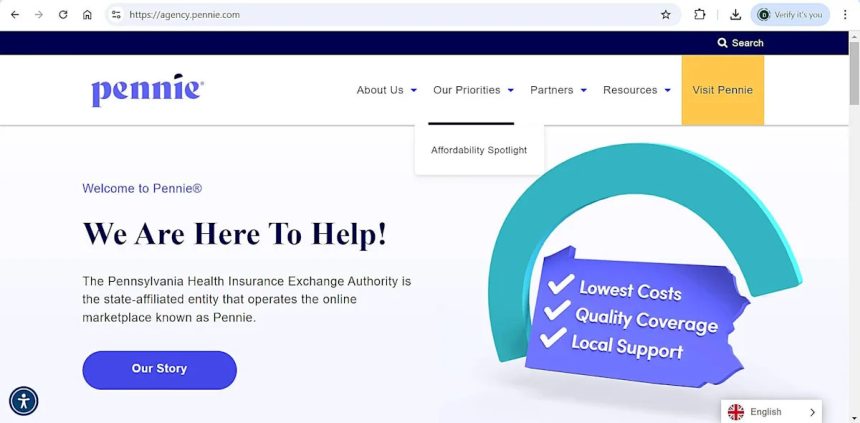The Affordable Care Act has been one of the best investments in rural health care in decades. For farming families, entrepreneurs, and employees at small businesses who don’t offer health insurance as a benefit, the ACA has expanded coverage, lowered costs and encouraged rural Iowans to take more risk in developing multifaceted livelihoods.
At the Iowa Farmers Union, our members are telling us how important the ACA has become for their families and their farming operations. We also know this because both of our families are benefiting from having access to ACA Marketplace insurance policies and the affordability provided by the enhanced premium tax credits.
KFF, a leading health policy organization, estimates that 27% of farmers, ranchers, and other agricultural managers relied on individual ACA market coverage in 2023.
As we get ready for the 2026 open season on Nov. 1, we also know that those enhanced premium tax credits won’t be available unless Congress acts. In addition to lost tax credits, we, like all Americans, are anticipating steep increases in health insurance premiums. The estimated average increase for ACA policies is 18%.
Iowa farmers are being stressed right now by low prices because of trade wars, increased production costs, tens of millions of dollars in cuts to USDA programs like support for conservation and specialty crop production, and Iowa having one of the worst-performing state economies in the country. A dramatic increase in 2026 health care premiums for thousands of rural Iowans will crash individual family budgets and intensify the economic crisis across rural Iowa.
DTN Ag Policy Editor Chris Clayton did a great story on Oct. 2 about how letting the enhanced premium tax credits expire will affect rural America.
“Nationally, rates of uninsured rural Americans have been cut in half since 2010, falling from 23.8% to 12.6% in 2023, according to the American Community Survey. Uninsured levels remain slightly higher than in urban areas, which is about 10.9%. The tax credits have been a major driver for reducing the number of uninsured Americans,” said Clayton.
Another View: Republicans have the perfect chance to stop wasting your money on the ACA | Opinion
KFF also provides important information on their website including calculators to help Americans better understand what it will mean when the enhanced premium tax credits expire in 2026.
“Enrollees with incomes above 400% of poverty will be subject to large increases in premium payments if enhanced premium tax credits expire. On average, a 60-year-old couple making $85,000 (or 402% FPL) would see yearly premium payments rise by over $22,600 in 2026, after accounting for an annual premium increase of 18%,” according to the KFF online report.
Our rural economy grows only when people are willing to take risks and make investments. The ACA has provided certainty and affordability in the health insurance market place for working people without employer-sponsored health insurance. The success of the ACA has meant that people have been able to start their own businesses, change jobs and invest more in their farming operations. All of this increased economic activity has been beneficial to our rural communities.
When the enhanced premium tax credits expire, the costs of Iowans taking on these kinds of risks will rise significantly. There will also be a financial incentive for some families to make sure that they keep their income below 400% of poverty. If they go above that in 2026, they will lose all of their premium tax credits.
More: Opinion: Iowans want health care focused on patients, not politics, and Democrats are delivering
In other words, if they make an additional $5,000 that puts them over the limit, they would lose even more than $5,000 in tax credits. This kind of fiscal cliff is well known in government programs that support child care, food security, health care and housing. Policymakers talk about trying to fix these fiscal cliffs, but struggle to get that done. In this case, Congress is actually creating the cliff by allowing the enhanced premium tax credits to expire.
It’s not just farmers that will face these challenges. Millions of Americans will be facing these rising costs along with the rising costs of other needs like housing, food and other consumer goods.
Extending those tax credits is a great way to help millions of Americans, including over a quarter of farmers, ranchers, and agricultural managers. Extending federal support for lowering the cost of health insurance premiums would benefit farmers and all of rural Iowa.
Aaron Lehman is the president of the Iowa Farmers Union and farms near Polk City. Matt Russell is the executive director of the Iowa Farmers Union and farms near Lacona.
This article originally appeared on Des Moines Register: Rural Iowa depends on enhanced tax credits for health care | Opinion









